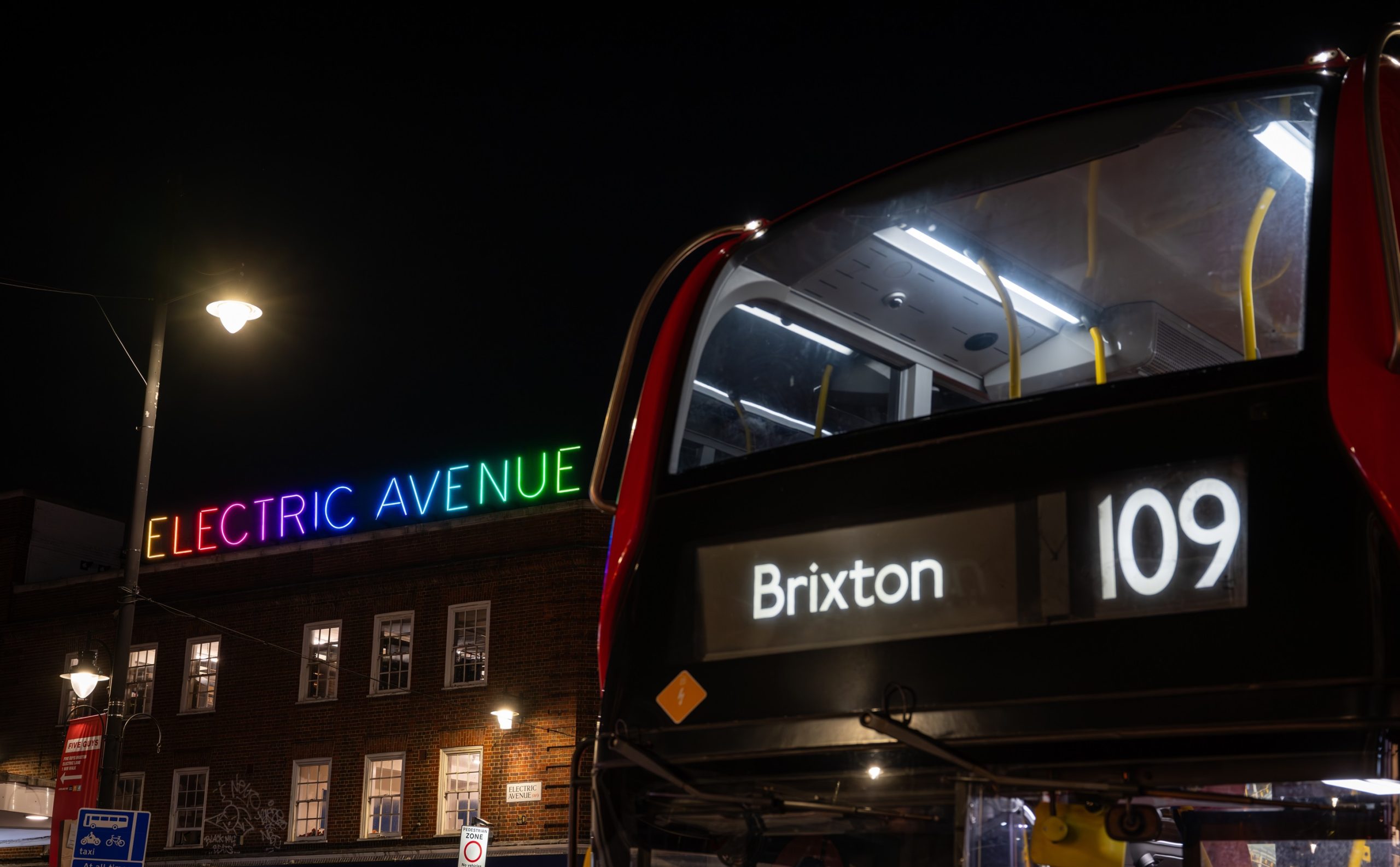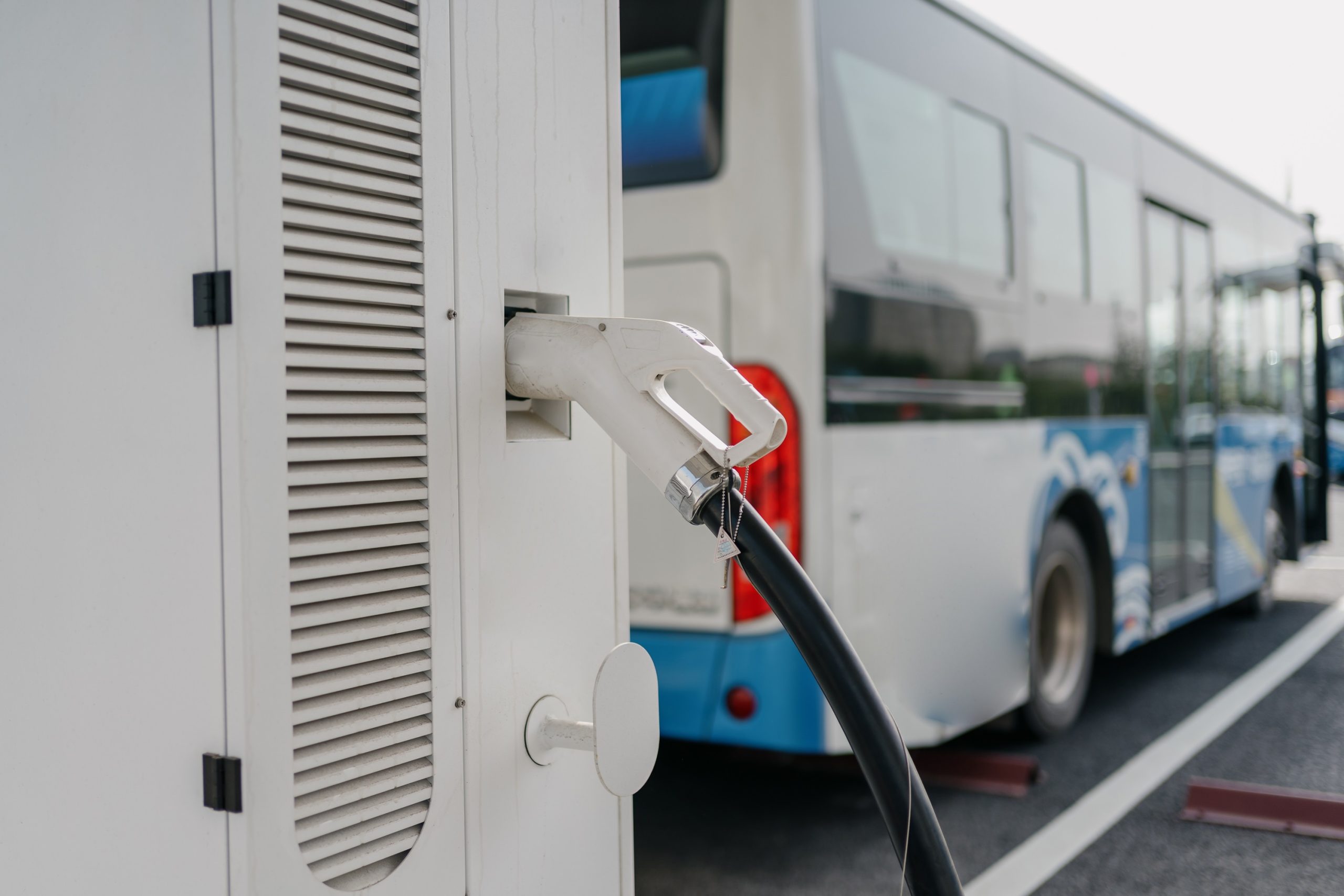Turnkey rollout of battery-electric fleets is a part of the industry that electrification business VEV expects to accelerate rapidly. It also believes that some operators already involved in the transition are “over-investing,” and that there is scope to optimise the approach taken and minimise the up-front and ongoing costs of the shift.
VEV is a subsidiary of Vitol, which despite its low-key nature is the world’s largest energy trading company. VEV is led by CEO Mike Nakrani, who before that was Vice President of Mobility and Electrification for BP in Europe.
While Mike notes that VEV could deliver its turnkey approach with hydrogen as an energy source, its present focus is battery-electric. He expects the pace of rollout of that technology to grow significantly over the coming decade – but that notwithstanding such an uplift, the sums will still pose a challenge for some operators, and SME businesses in particular.
Consultancy start for VEV on battery-electric rollout
VEV’s strategy is built first around a consulting approach to identify where and how buses run, along with charging and depot power requirements. “Then, using our data science capability, we develop a plan to electrify them,” Mike explains.
The product offered is flexible. A monthly payment could cover the buses, infrastructure, and power supply, or elements of that. Solar panels and batteries within depots form part of the offering, with that equipment among keys to avoiding the over-investing, Mike continues.
“We can right-size [infrastructure] so the operator does not install too much of it,” he explains. “Solar power is a no-brainer. It will always pay back.” The issue is solar’s capital expenditure. Like the other big costs of electrification, VEV is willing to fund it.
Data science and relationship building key to plans
For infrastructure, VEV has agreements with various suppliers. It will handle depot design work and manage installation. VEV will also deal with power network operators, a task that requires a strong understanding of intricacies there.
“That is among the first things we do,” he continues. “We look at the connection and the cost to get incremental power in. We examine how solar could help, and we look at smart charging.” Later, smart charging is part of minimising peak energy usage. Taking the operator’s vehicle flexibility requirement into account, it balances power drawn with desired range.

Data science also captures vehicles. VEV has relationships with OEMs and their dealers, where appropriate, although establishment of those is ongoing. “We are in dialogue with all the major manufacturers,” Mike adds, noting that specification of vehicles is also key to minimising costs.
“Our data science team takes feeds from various sources. Then we add our own capabilities. An example of that is battery capacity. If you put 344kW/h on a bus instead of 240kW/h, it costs more. But if the route is mapped out to enable right-sizing of batteries, you do things more efficiently and save money.” Use of data science to maximise the life of that energy storage is a further factor in TCO, he adds.
Smaller operators are a point of focus for VEV. It believes that right-sizing includes charger capacity; batteries can be replenished at up to 150kW, but Mike suggests that if a lower rating is used where vehicle usage patterns permit, the cost structure can be further streamlined.
A shared risk approach for VEV on battery-electric buses
As a new entrant to the market, why does VEV feel it has the skillset to advise operators on seismic shifts in their businesses? “We have a team that has been doing this for a while,” Mike explains. “We have experts in-house. It would be very expensive for an operator to assemble that knowledge itself. We are doing this for multiple customers and have economies of scale.”

Data is already being drawn by VEV from work in Colombia with parent Vitol that involves 500 battery-electric buses in Bogota. “We went in and put that project down,” he continues.
“We provided the buses, built the depots, provided the infrastructure. And we gave that to the operators to run. We are now doing the same thing in Europe. The idea is that we can say to an operator: ‘Here is your turnkey solution.’”
VEV claims that the Bogota buses are already at TCO parity with like-for-like diesels, with no subsidy. They have also delivered a large amount of data that will factor into later projects. As part of its offer, VEV can guarantee the range of each vehicle, each day.
However, that is not to say that all onus sits on the supplier. Mike adds that driver training must be robust, and that the maintenance structure needs to be tailored to the buses’ needs. “We believe in shared risk,” he continues.
Momentum behind idea is starting to build
The number of operators involved in zero-emission buses will rise significantly as the second phase of the Zero Emission Bus Regional Areas scheme in England reaches delivery. Many consultancy and funding options already exist around zero-emission. Mike believes that value exists in using them. VEV has already spoken with over 20 smaller bus operators in that respect.
“We possess a lot of information and data, and we work with many industry stakeholders that are coming together closely,” he continues. “I believe that offer is already unique, because we can deliver a turnkey project with a great degree of accuracy. A competitive advantage is developing in the move to battery-electric, and we want to be part of that.”



























